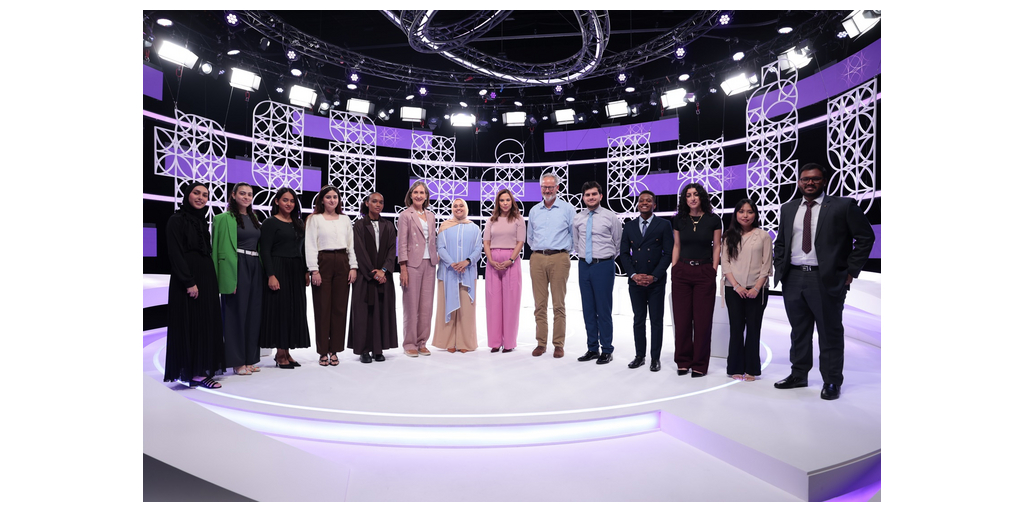DOHA, Qatar–(BUSINESS WIRE)–Qatar Foundation’s Doha Debates continues its flagship debate series with a new episode that examines how modern entertainment shapes our attention, creativity, and everyday well-being. Moderated by Dareen…

DOHA, Qatar–(BUSINESS WIRE)–Qatar Foundation’s Doha Debates continues its flagship debate series with a new episode that examines how modern entertainment shapes our attention, creativity, and everyday well-being. Moderated by Dareen…